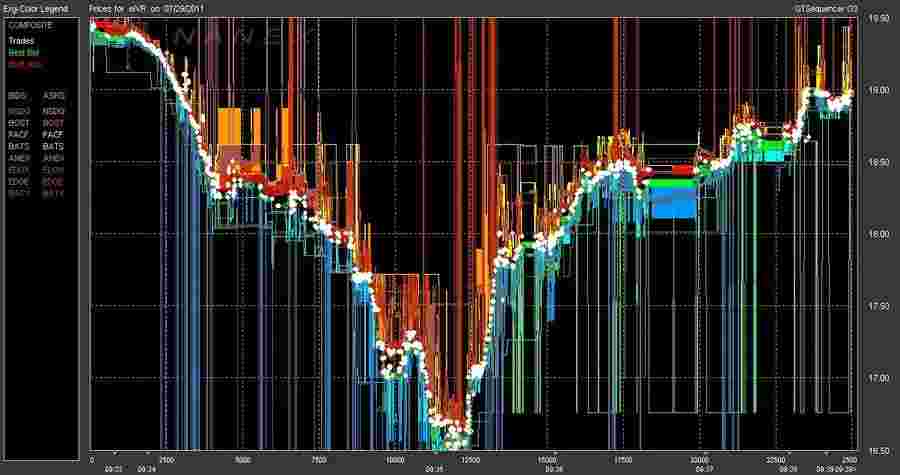Many of my clients demand more high-quality data in extensive reports. In the worst case, however, the data remains unused or, alternatively, we are satisfied with just using it to describe what happened. The gaze is strongly in the rearview mirror, although by making use of the data it would also be possible to look ahead and speed up or brake as needed.
Let’s imagine that data analysis takes place in the company, and decisions are made based on it. However, these decisions are against the data and the analysis based on it. The company is then in the same situation as you are when you buy a nice sports car, even though you know it is completely impractical for your family of five.
You don’t need data if you don’t dare to make decisions according to the analysis made on the basis of it.
Some companies see data as the new oil. Unfortunately, oil does not help if there is not enough fuel for the trip. You don’t need data if you don’t dare to make decisions according to the analysis made on the basis of it.
If the road is bumpy, traveling is not pleasant. Then a longer trip can be faster. The right conclusions made on the basis of data make the marketing journey considerably less bumpy. So trust the data, otherwise use this time and money in other objectives. There is no need to doubt the data credibility: every time a new crawling or test is performed, the data obtained from it opens up new perspectives for future marketing measures or potential improvements or monetisation.
If you act in a data-driven way, you will probably have to break many old marketing concepts or well-established operating methods and sometimes will feel like contradicting the principles that make your company to grow or survive.
So get behind the wheel, but remember to observe your surroundings. Would you like modern technology and a bespoke instrument panel for your car to help you on your journey? Or maybe better shock absorbers because you’re constantly driving on the bumpiest road?
Whatever you choose, remember that the final decisions are always made by you behind the wheel. This also applies to the right interpretation and use of data: technology is your help, but you are responsible for the decisions.
If a marketing professional had eggs, he would make an omelet. Unfortunately, you can’t make an omelet without breaking eggs, and if you operate in a data-driven way, you’ll probably have to break many old marketing concepts or entrenched ways of doing things. I wish you courage and luck on your journey.

